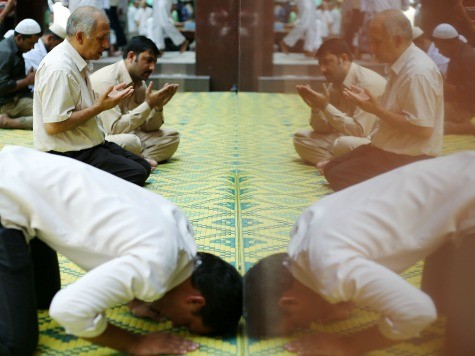On Monday, a Malaysian appeals court ruled that the government was correct in banning non-Muslims from using the word “Allah” to refer to their own gods.
Christians had protested the original ruling, saying that the ban violated their religious rights. The Malaysian government stated that the ban was based on their fear that if non-Muslims used the word, it would confuse Muslims and leave them vulnerable to conversion.
The protest from non-Muslims in Malaysia against the government for interfering with their religious freedom is not without precedent; Christian, Buddhist, and Hindu minorities have made protests before.
The ruling on Monday overturned a decision four years ago by a lower court that invalidated the ban from the government. After the lower court overturned the ban four years ago, Malaysian churches and other non-Muslim places of worship were vandalized and there were concurrent arson attacks.
The original event that caused the government ban of non-Muslims using the word “Allah” was the use of “Allah” by the weekly Malay-language newspaper of the Roman Catholic Church in Malaysia.
Roman Catholic representatives deny that they are trying to convert Muslims and assert that Christians in Malaysia that speak Malay have been using the word “Allah” in their religious publications and songs for years.
The leader of the three-judge appeals court, Judge Mohamed Apandi Ali, said using “Allah” was “not an integral part of the faith and practice of Christianity. It is our judgment that there is no infringement of any constitutional rights” (in the ban.) “We could find no reason why the (Catholic newspaper) is so adamant to use the word ‘Allah’ in their weekly. Such usage if allowed will inevitably cause confusion within the community.”
The Rev. Lawrence Andrew, editor of the Catholic newspaper, The Herald, said the newspaper will appeal the appeals court’s decision to the final arbiter, Malaysia’s Federal Court. He said, “We are greatly disappointed and dismayed. This is unrealistic. It is a retrograde step in the development of law in relation to the fundamental liberty of religious minorities.”

COMMENTS
Please let us know if you're having issues with commenting.